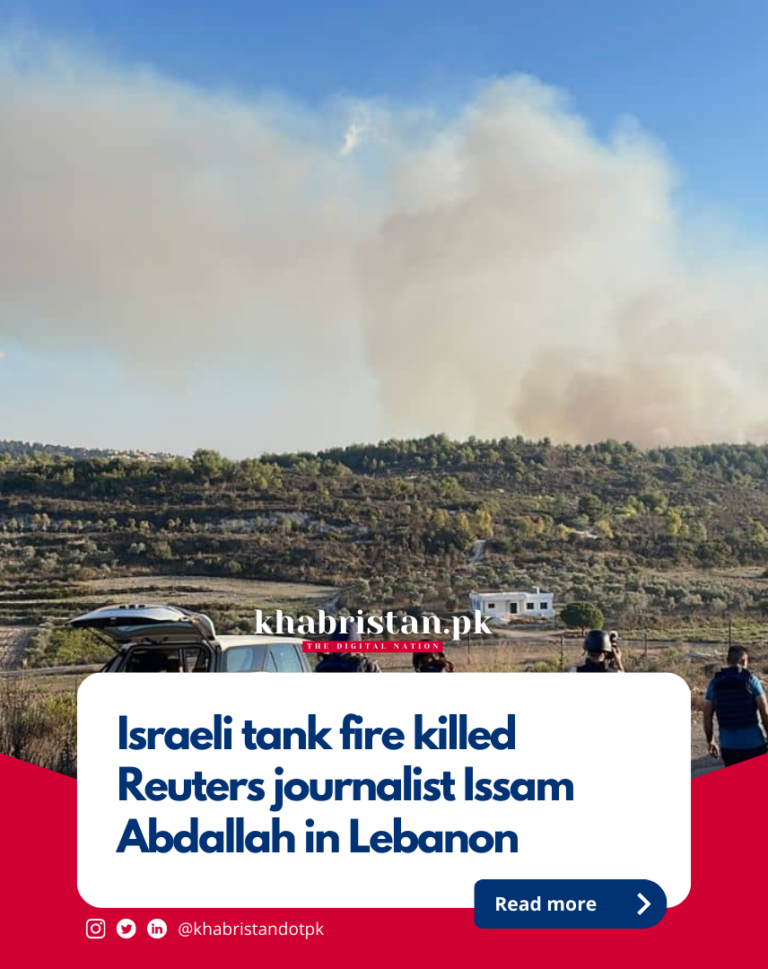Denmark’s parliament passed a law on Thursday criminalizing the “inappropriate treatment” of religious texts, effectively prohibiting the desecration of the Holy Quran following a series of incidents that sparked outrage in Muslim countries over the summer.
1697204509-0/image-800x600-(36)1697204509-0.jpg)
The legislation, which outlaws the “inappropriate treatment of writings with significant religious importance for a recognized religious community,” received 94 votes in favor and 77 opposed in the 179-seat Folketing.
Justice Minister Peter Hummelgaard stated, “We must protect the security of Denmark and the Danes. Therefore, it is important that we now have better protection against the systematic insults we have seen for a long time.”
In practical terms, the law prohibits public burning, tearing, or any form of defilement of holy texts, whether done openly or in videos intended for widespread dissemination.
Those found in violation of the law, which will be reassessed after three years, could face fines or up to two years in prison.
Denmark and neighboring Sweden faced backlash from several Muslim countries over the summer after a series of protests involving desecrations of the Holy Quran. Between July 21 and October 24, Denmark recorded 483 incidents of book burnings or flag burnings, according to national police figures.
Initially announced in August, the bill underwent amendments in response to criticism that its initial draft restricted freedom of expression and would be challenging to enforce. The original plan covered objects of significant religious importance and was likened to a return to a blasphemy law abolished by Denmark in 2017.
Opposition lawmakers accused the government of sacrificing freedom of expression during a parliamentary debate ahead of the vote. Inger Stojberg, leader of the far-right Denmark Democrats, described it as a “betrayal” and a “huge failure.”
Denmark is not the sole European country to prohibit burnings of the Holy Quran. Eight other European nations—Austria, Belgium, Estonia, Finland, Germany, Italy, Poland, and Romania—have varying degrees of restrictions. Greece, for example, allows the banning of burning a sacred text if the act occurs in or near a religious site.








Leave a Comment